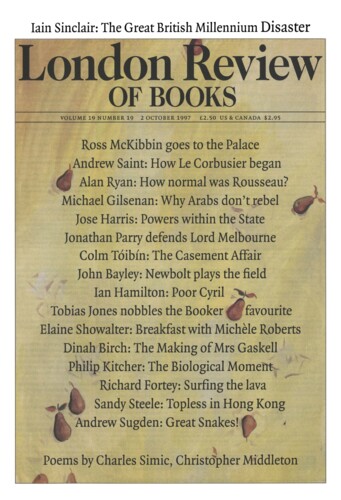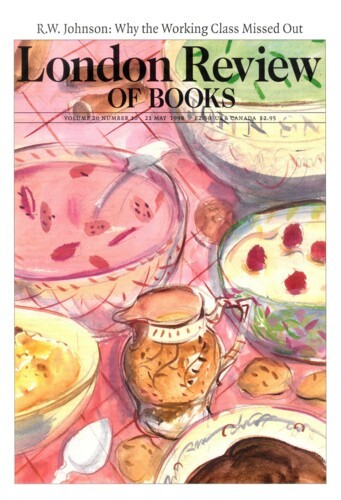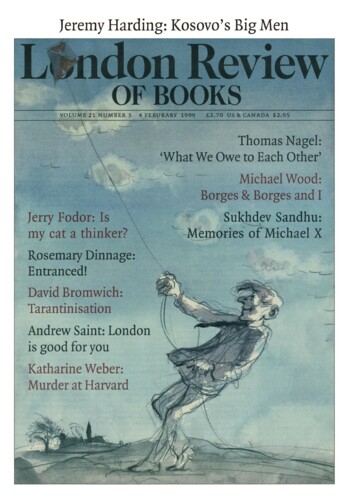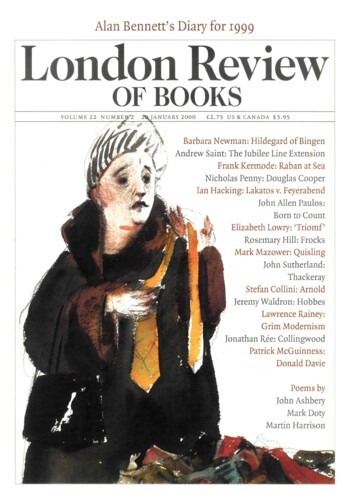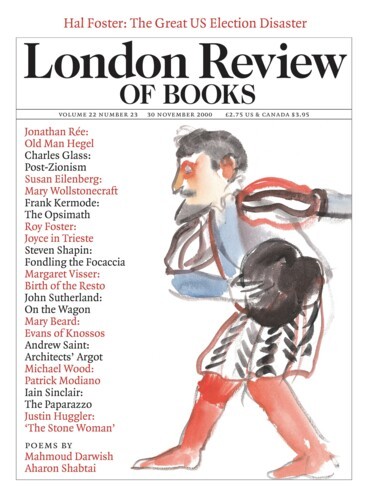Talking to the Radiator
Andrew Saint, 2 October 1997
Did the fact that he came from Switzerland’s drabbest town have something to do with it? La Chaux-de-Fonds has little excuse. Lifted high in a bowl of the Jura, it is fringed by mountains and pines, in which Emeritus Professor Allen Brooks, musing from the tranquillity of retirement, revels at leisure. ‘Allow time to climb the road,’ he admonishes readers eager to tick off the Villa Fallet, Charles-Edouard Jeanneret’s first house, on the out-skirts of the community. ‘Walk, don’t drive, and if you have a generous hour this route will gradually lead you back into town; in the meantime you will learn more about Jeanneret than you would in twice the time spent on his buildings or this book.’
